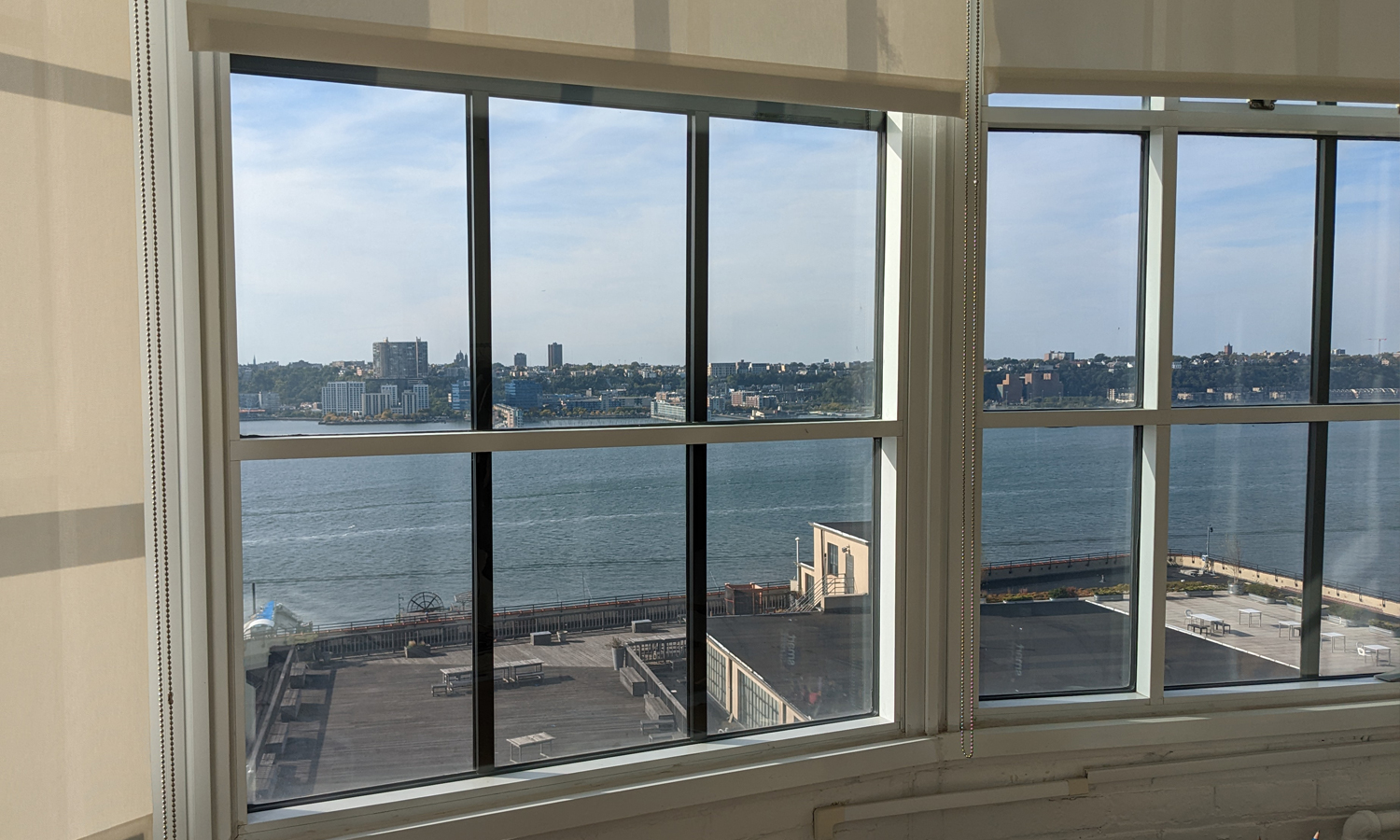Sometimes tenants believe that they can reduce the amount of rent they will pay on the space they lease by not hiring a commercial real estate broker. Their logic runs as follows:
If a building’s market rent is X dollars per square foot and the broker’s commission, which is paid by the landlord, is Y dollars per square foot, then by eliminating the broker; the tenant might be able to lease the space for (X-Y) dollars.
Of course, without extensive market knowledge, it is unlikely that the tenant will have a clear idea what the market rent is for similar space. Moreover, the landlord will be very reluctant to strike a deal at (X-Y) because that deal could possibly set a new and lower rent level for his building; even for transactions that do have brokerage representation. Furthermore, it is in the landlord’s best interest to maximize their rental rates to increase the market value of their building. The net result for the landlord would involve even more contentious negotiations with other tenants and with the brokerage community as a whole.
To avoid this combative and counterproductive environment, landlords include leasing commission expenses in the operating budgets of their buildings, and then they negotiate aggressively on the face rent and the concession package.
The broker’s worth especially manifests itself in knowledge of property market conditions, including: space availabilities, both current and future; operating conditions of the buildings; level and direction of rents; and possible concession packages.
In addition, the experience and training of brokers alert them to the potential pitfalls in a lease document that can impede the tenant’s ability to operate in a building. Again, this specialized knowledge can help avoid the situation where the tenant’s business is operationally constrained and saddled with unanticipated expenses.
There are many specific services and resources that a commercial broker can provide that assist the tenant in achieving an optimal occupancy solution.
Time
Lease negotiation consumes a great deal of time because the lease document itself is complicated. There are many issues to consider when negotiating a lease; for example: rent, term, work offered, formula for electricity charges, cancelation option, renewal option, security deposit, and building services. Without the proper market knowledge and experience, the tenant will not get the best deal available. Hiring a commercial real estate broker and having the broker do all the leg work, provides the tenant with more time to concentrate on the revenue generating aspects of its business.
Leverage
If a tenant approaches the landlord directly, the landlord will likely conjecture that the tenant wants to stay in its present location. The landlord automatically assumes that he has the upper hand. An experienced real estate broker will create a situation where the landlord believes the tenant will consider relocating for a competitive financial arrangement. This gives the broker more leverage to negotiate better deal terms for the tenant. Often, the landlord prefers to retain a tenant, avoiding loss of revenue from the empty space and added expenses to bring a new tenant into the space. In the situation where the landlord has to find a new tenant, it could take three to five years before a landlord begins to enjoy a positive cash flow on that space.
Objectivity
In financial terms, it doesn’t make any difference to real estate brokers whether their clients renew or relocate, because they will be compensated either way. A broker will know the questions to ask the landlord that will drive to getting the best deal possible. For example, why does the overtime air-conditioning cost $200 per hour here while the building next door costs $100 per hour for the same system? Why do I need to provide a security deposit equal to six-months rent if I have paid my rent every month for the past ten years? A broker will also prompt the tenant to analyze its space needs. For example, how many square feet per person are really necessary? If the tenant is considering a long-term lease, how important is the ability to sublet the space? What are the long-term plans for the company’s growth and is there space in the building to accommodate them? Could the firm be sold? If the tenant has a below market rent, will the landlord ask for a steep increase when the lease is renegotiated?
Relationship
A long negotiation process may result in bad feelings as time passes. Whatever lease terms a tenant negotiates, there will come a time when the tenant will need something from the landlord. This may be the time when the landlord gets back at the tenant. Also during the negotiation process, the landlord may change its attitude if the tenant is not professional. The landlord may decide it needs more security or a higher rent. The broker can act as a buffer, preventing the buildup of animosity.
Resources
An experienced commercial real estate broker has developed a network of resources that will assist in the negotiating process. For example, the tenant may want to know if the carpet the landlord is offering in the lease, will last for the term of the lease. The broker will have a project manager who will be able to provide the insight into the quality of the carpet. An experienced broker will know about the new local building and zoning laws that will be coming into effect during the term of the lease. These changes could add $5.00 to $10.00 per square foot to the cost of the occupancy. When negotiating the real estate tax base year, how do you negotiate the right base year and per square foot tax amount? Although the tenant may argue his accountant understands taxes, the accountant may not understand real estate taxes since he/she does not specialize in this field. A broker will have a financial consultant on hand who will be able to prepare a projection on real estate taxes the tenant will pay for the duration of its lease.
In summary, while a tenant looking to renew their lease might find the prospect of saving money on a broker’s commission enticing; the time saved, leverage generated, objective insight offered, long-term relationship with the landlord managed, and outside resources provided by a broker all outweigh the benefit of a lower rent that the landlord most likely will never agree to and ultimately will save the tenant money in areas other than base rent.







